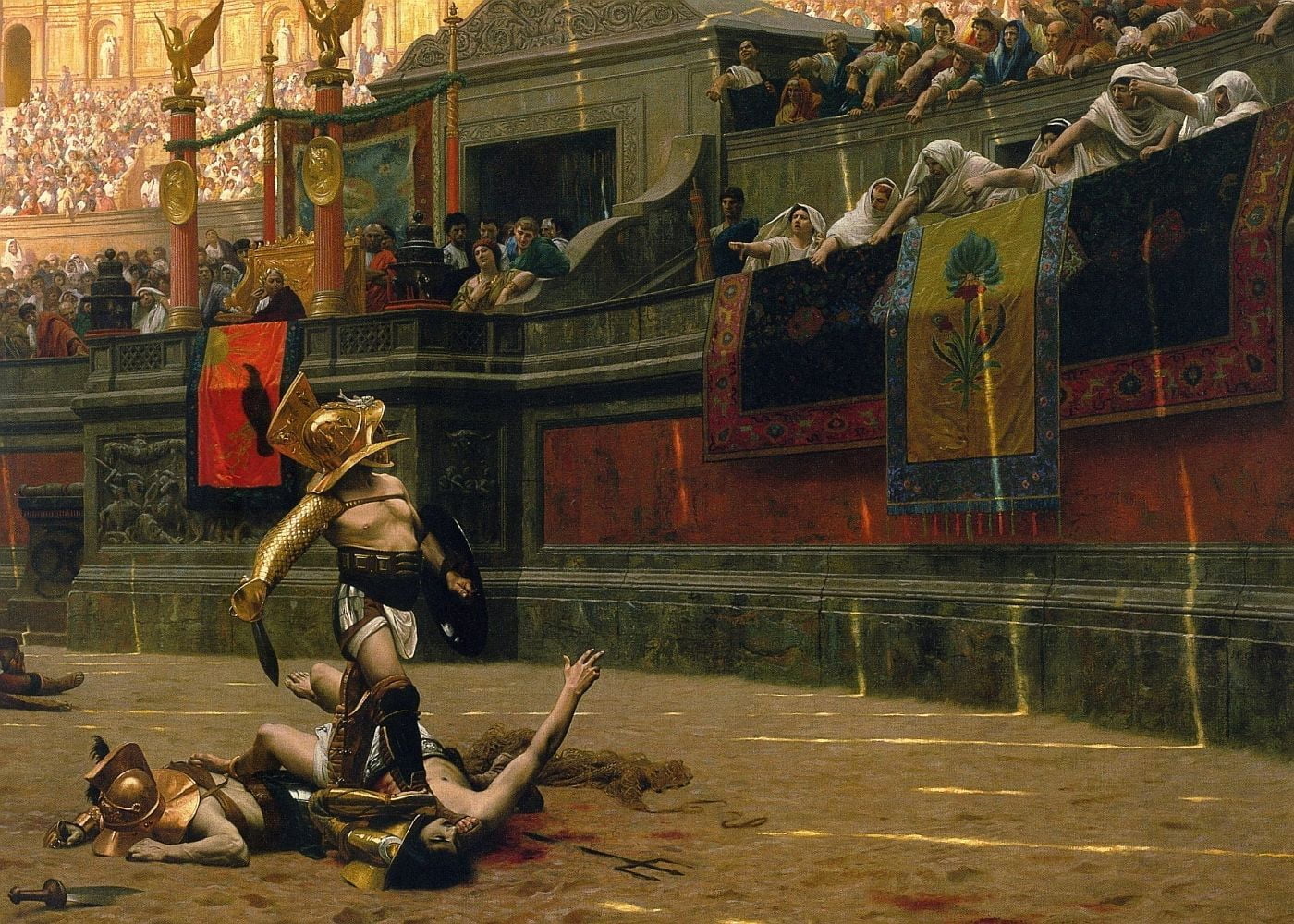In the annals of history, the name Spartacus stands as a symbol of defiance, courage, and the eternal struggle for freedom against oppression. The story of Spartacus, the Thracian gladiator turned rebel leader, and his daring revolt against the mighty Roman Empire, has echoed through the ages as a testament to the resilience of the human spirit in the face of tyranny.
Spartacus, believed to have been born around 111 BC, was originally a Thracian soldier captured by the Romans and sold into slavery as a gladiator. Forced to fight for entertainment in the arenas of Capua, Spartacus soon became a renowned warrior known for his exceptional skill, charisma, and unwavering determination.
In 73 BC, Spartacus led a daring escape from the gladiatorial school in Capua, setting in motion one of the most notable slave uprisings in Roman history. What began as a bid for freedom swiftly transformed into a full-fledged rebellion as Spartacus and his band of escaped slaves, known as the “Spartacan Army,” rallied thousands to their cause.

With Spartacus as their leader, the rebel army inflicted several impressive victories against the Roman legions, showcasing cunning military tactics and a deep sense of unity among the diverse group of rebels. Despite facing overwhelming odds and the might of the Roman military machine, Spartacus and his followers often proved to be formidable adversaries, evading capture and striking fear into the hearts of their oppressors.
Spartacus’s revolt, notably fueled by a desire for freedom and justice, inspired slaves and oppressed individuals across the Roman Republic to rise up against their masters. His quest for liberty resonated far beyond the confines of the gladiatorial arenas, becoming a symbol of resistance against tyranny and a rallying cry for those seeking to challenge the status quo.

After several years of guerrilla warfare and strategic maneuvers against the Roman forces, Spartacus and his army met their fate in a climactic battle against the legions led by Marcus Licinius Crassus in 71 BC. Despite their valour and tenacity, the rebels were ultimately defeated, with Spartacus meeting a noble end on the battlefield rather than facing capture and enslavement.
While the exact details of Spartacus’ life and rebellion are shrouded in historical ambiguity, his legacy endures as a symbol of resistance, bravery, and the eternal struggle for freedom. His story has inspired countless works of art, literature, and film, immortalizing his name and the spirit of defiance that defined his quest for liberty.
Spartacus stands as a reminder of the indomitable human will and the enduring pursuit of liberty in the face of overwhelming odds. His battle against the Roman Empire, fraught with sacrifice, heroism, and tragedy, serves as a timeless testament to the power of courage and unity in the face of tyranny—a legacy that continues to captivate and inspire generations to this day.

